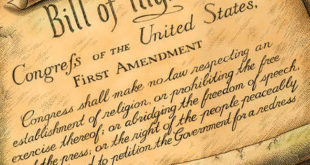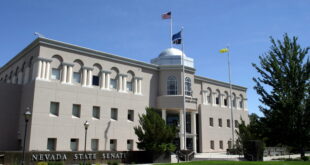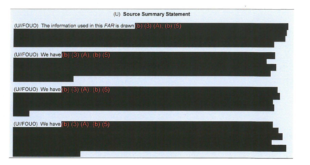There’s more than meets the eye to this recent ruling by a federal judge that a police body-cam video in Las Vegas is, indeed, a public record.
(Thanks to Vanessa Spinazola at ACLU for bringing this ruling to my attention.)
 First, it’s good news to open-government advocates that the judge recognized the value of keeping the video visible. More accurately, I think, the judge recognized the potential damage of allowing it to be kept secret.
First, it’s good news to open-government advocates that the judge recognized the value of keeping the video visible. More accurately, I think, the judge recognized the potential damage of allowing it to be kept secret.
As I’ve written before, a group of lobbyists had been working with state Sen. Aaron Ford on a bill mandating body cameras for police officers in Nevada, and access to those videos clearly was an issue. Vanessa was part of that group.
As the bill reads now, the videos are clearly a public record. Confidential information, as defined in statute, can be redacted. If it can’t be redacted, then the video may be viewed but not copied.
The second interesting part of the federal case is that Metro was arguing against release of the video — because Metro’s own policies say they can’t release a photo of an officer under state law, NRS 289.025.
But that’s not what NRS 289.025 is about — as the judge correctly inferred.
Go to the legislative history of the adoption of that section of statute, and you will see it was clearly described as involving an internal investigation of a police officer.
 Nevada Press Association The best in Nevada journalism since 1924
Nevada Press Association The best in Nevada journalism since 1924




Reblogged this on Nevada State Personnel Watch.
Reblogged this on A Conservative Christian Man.